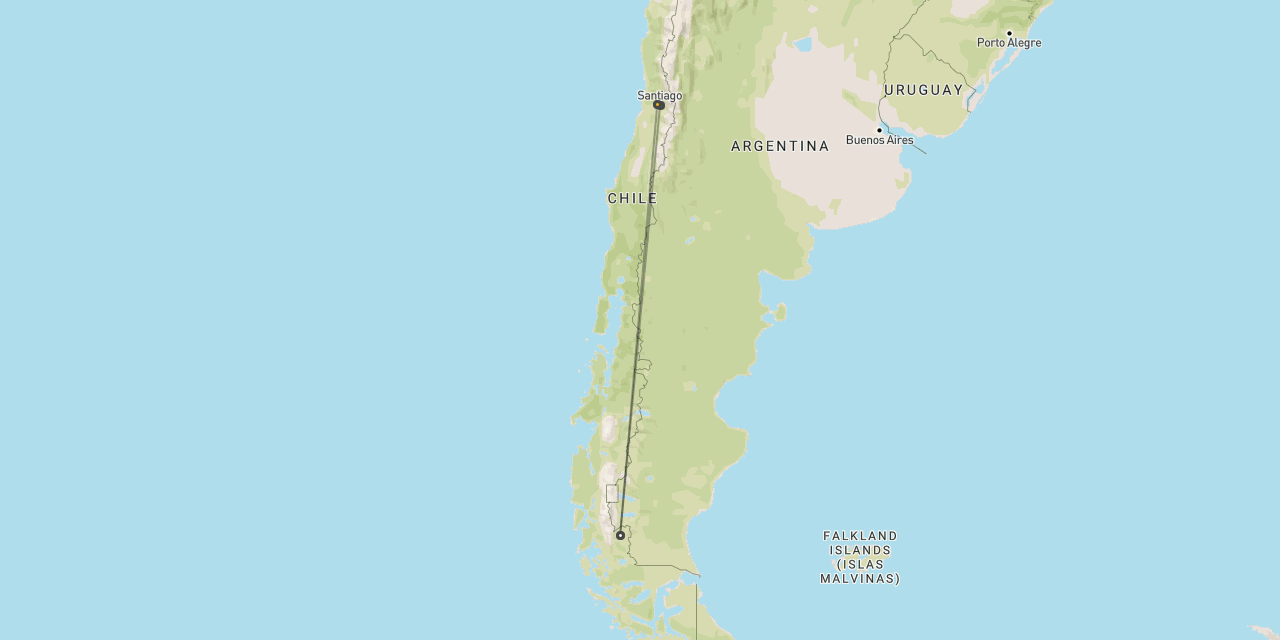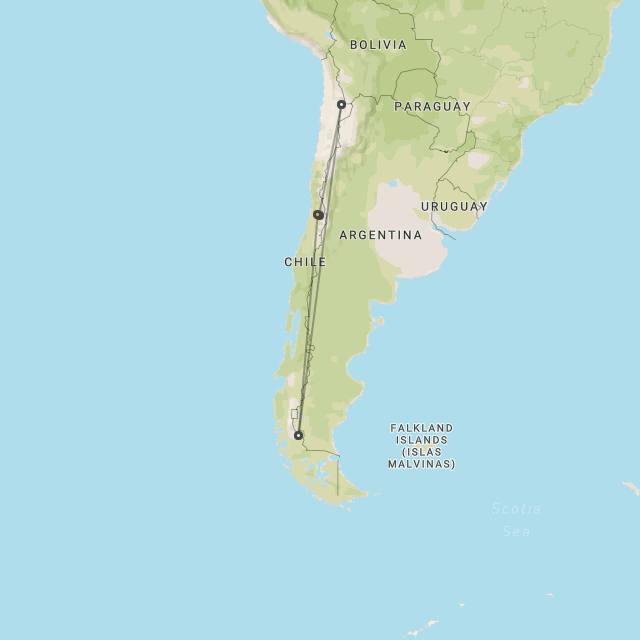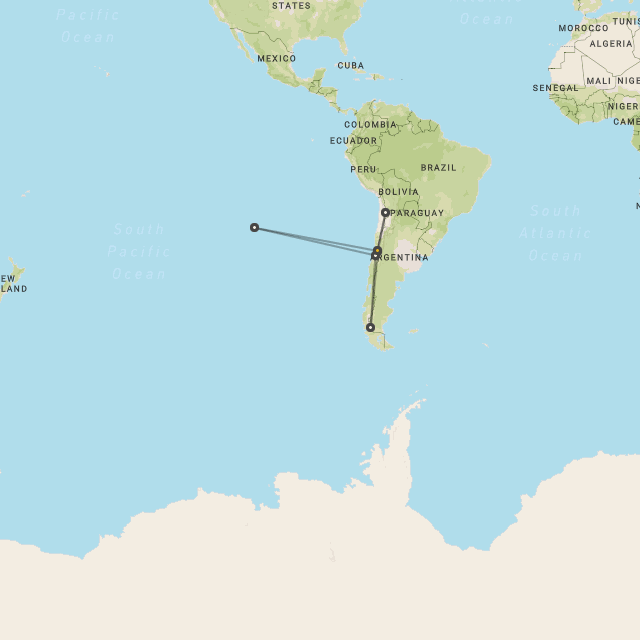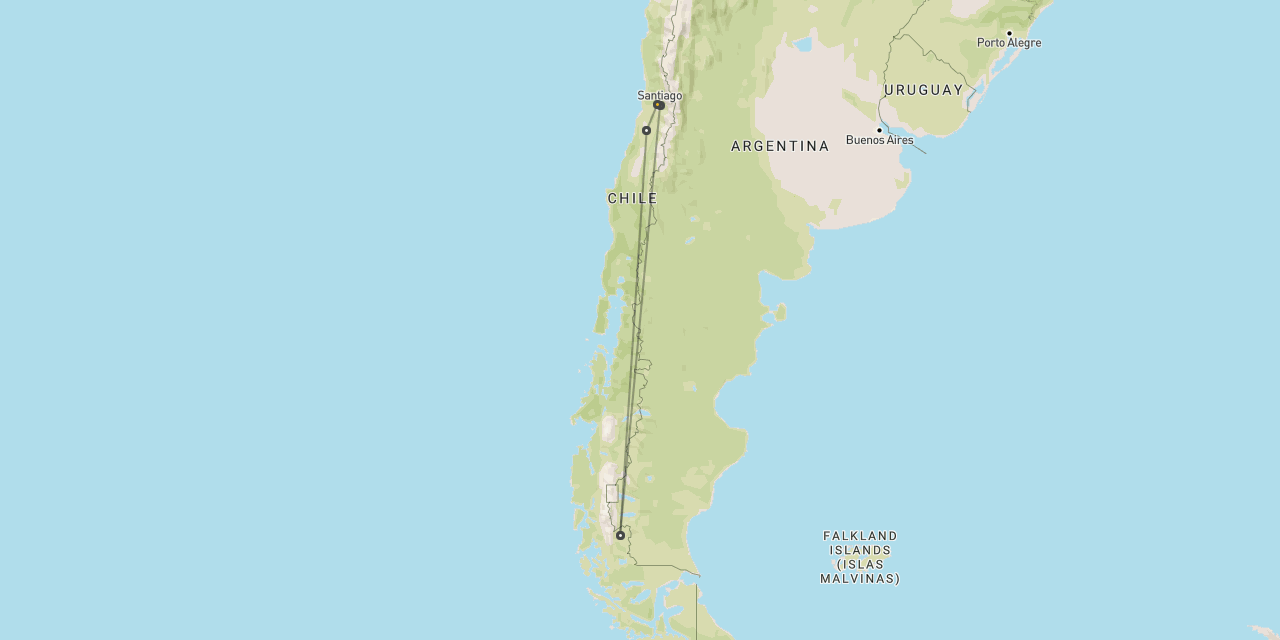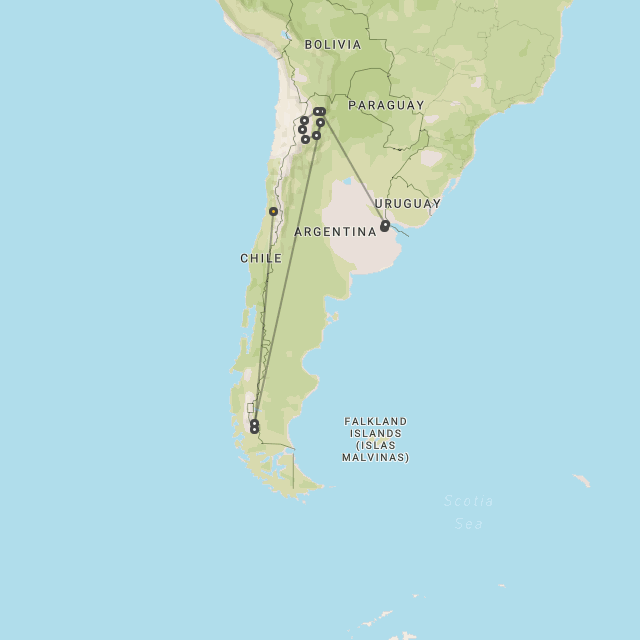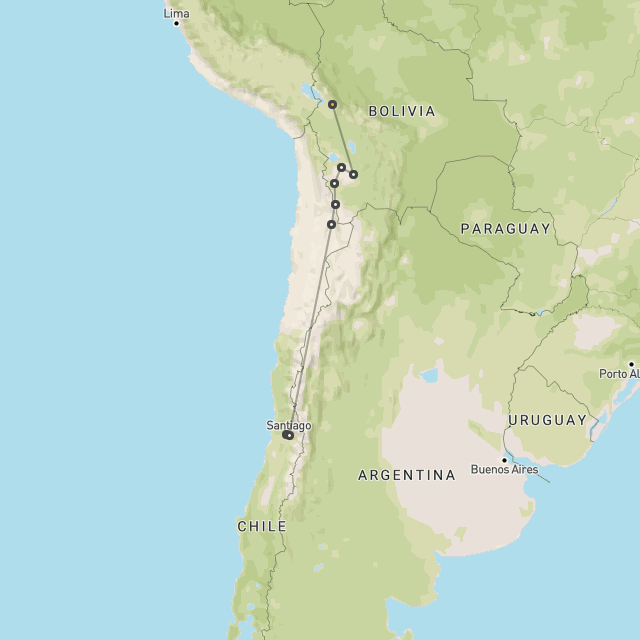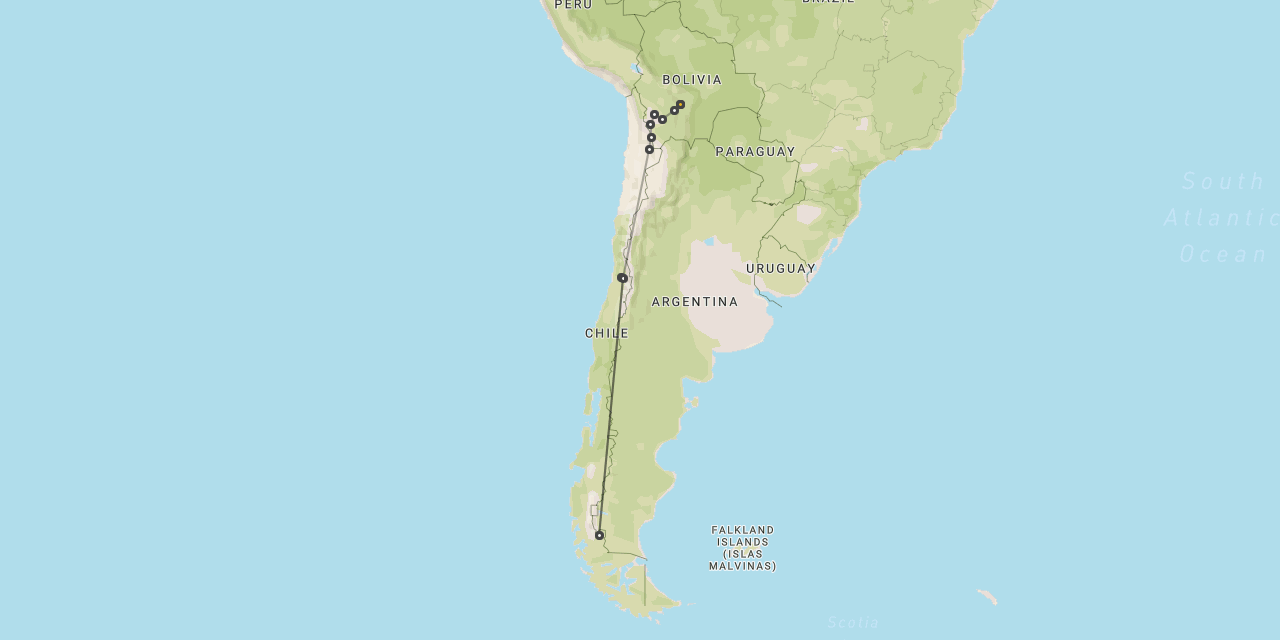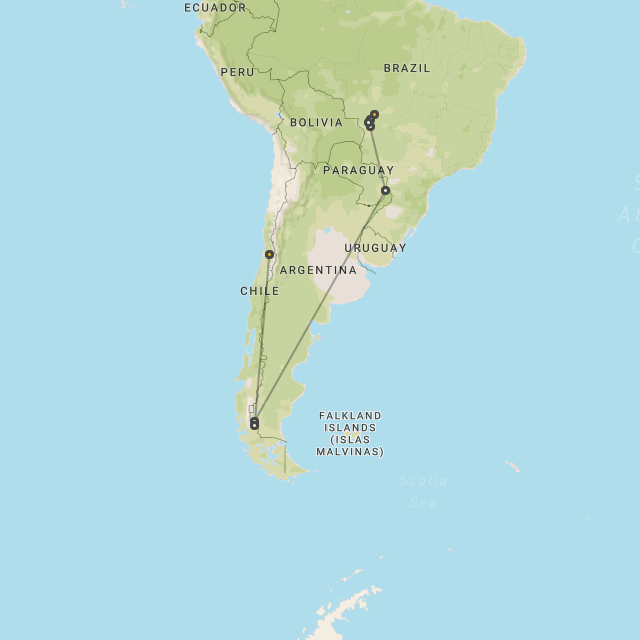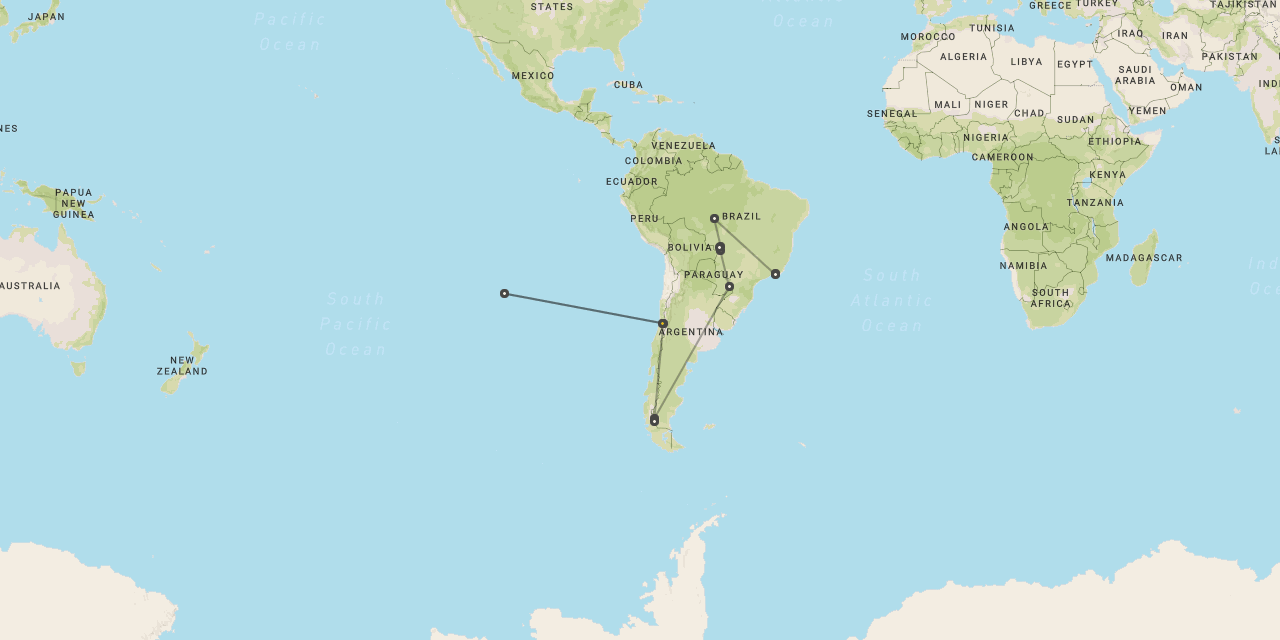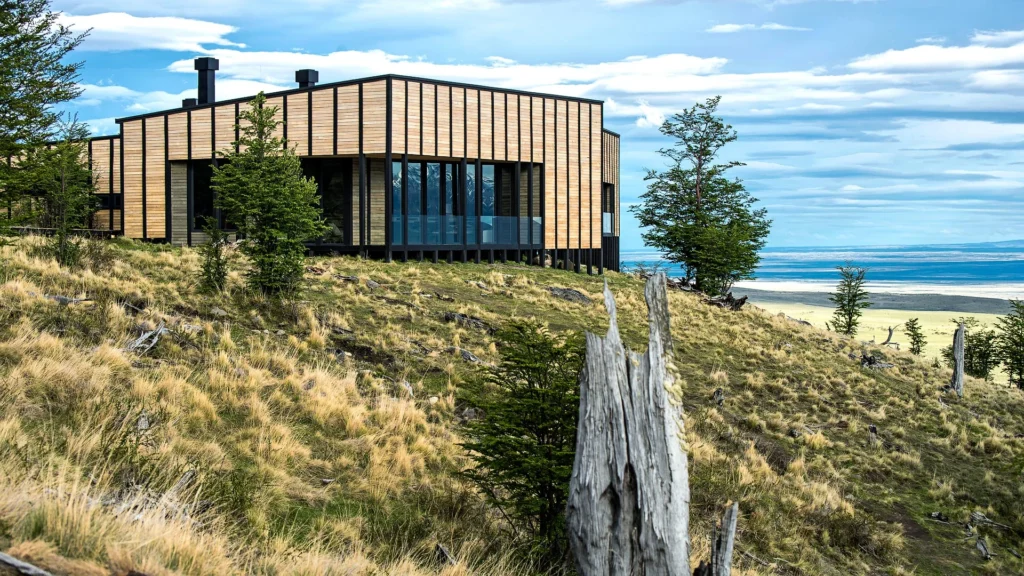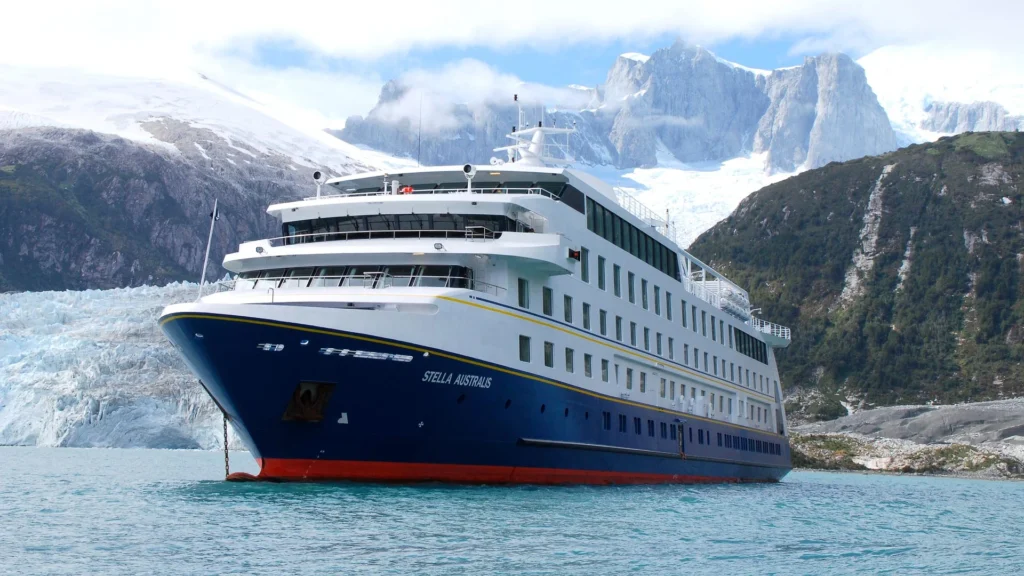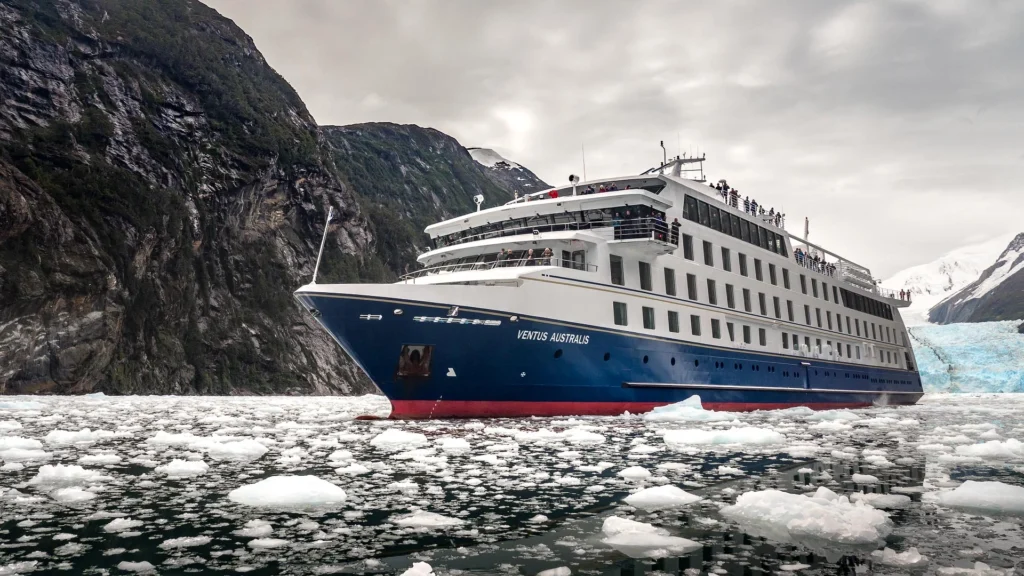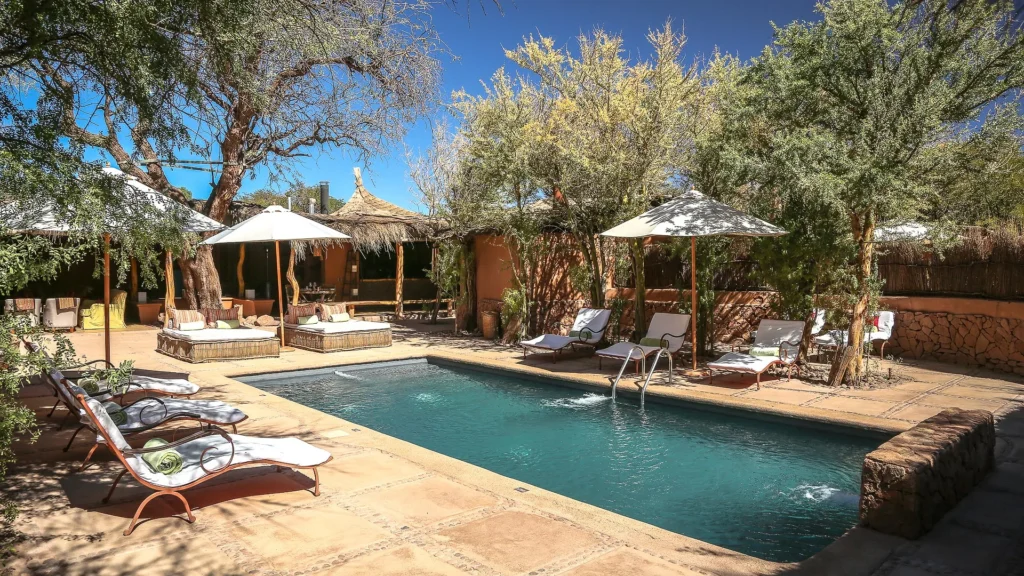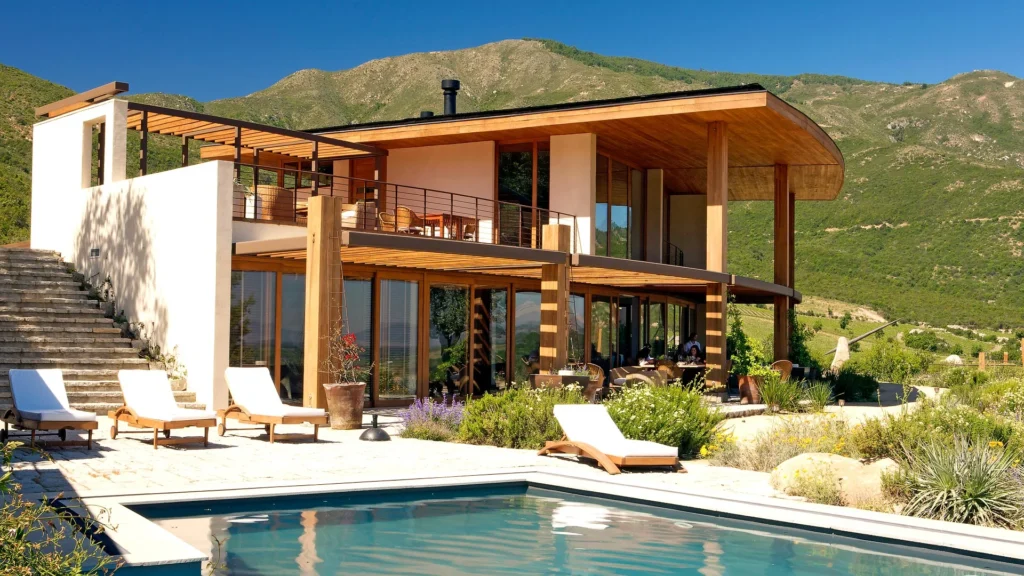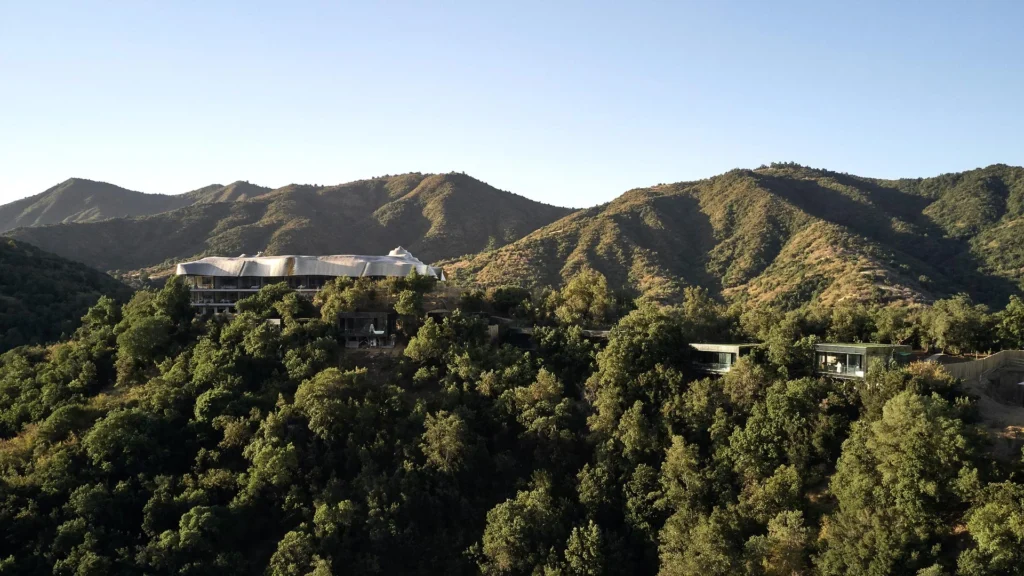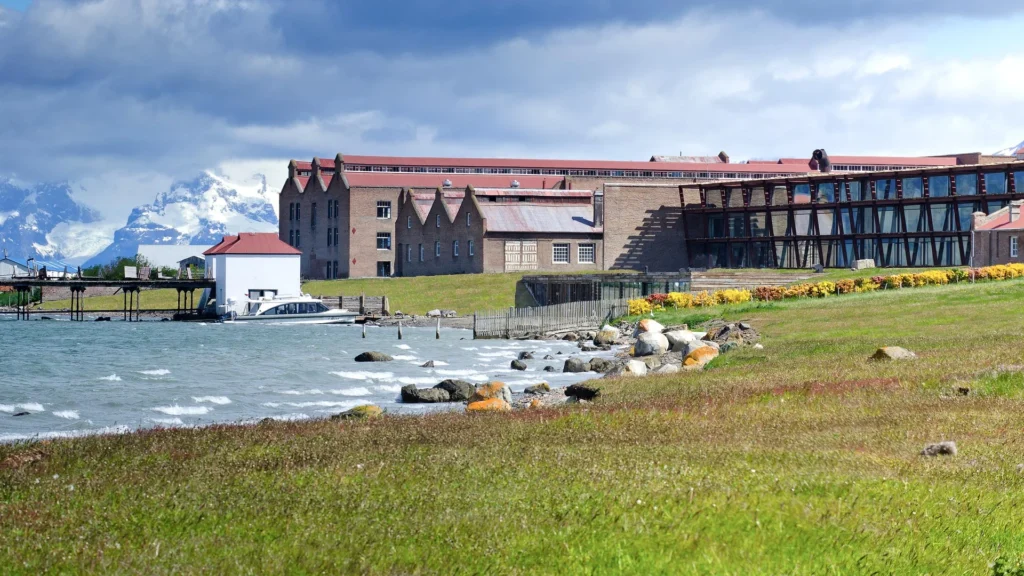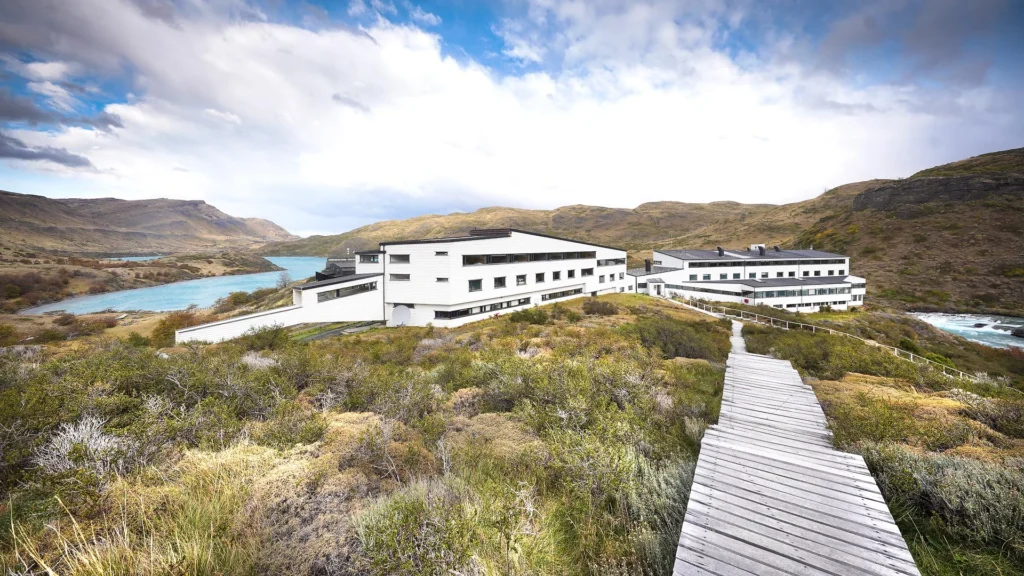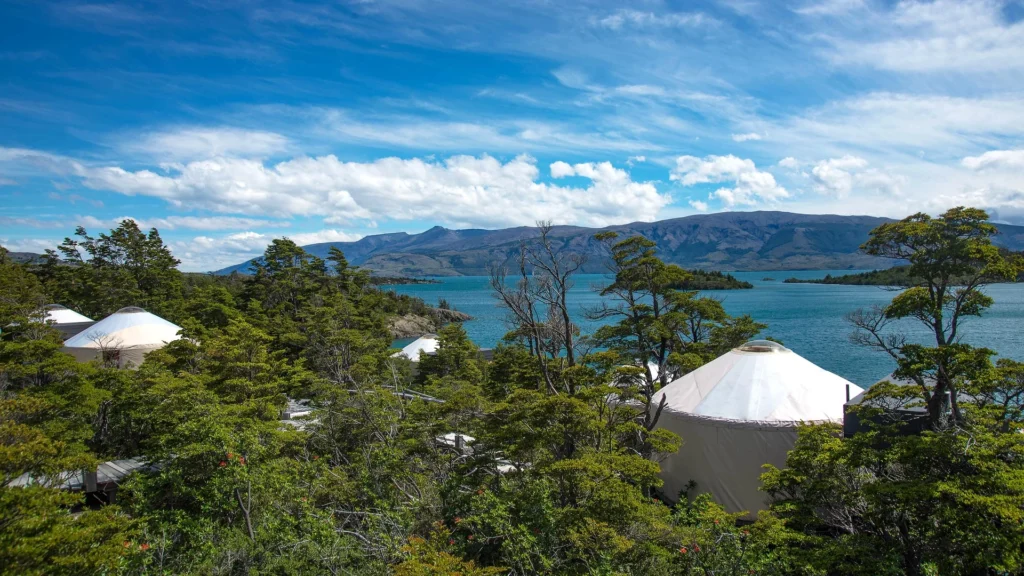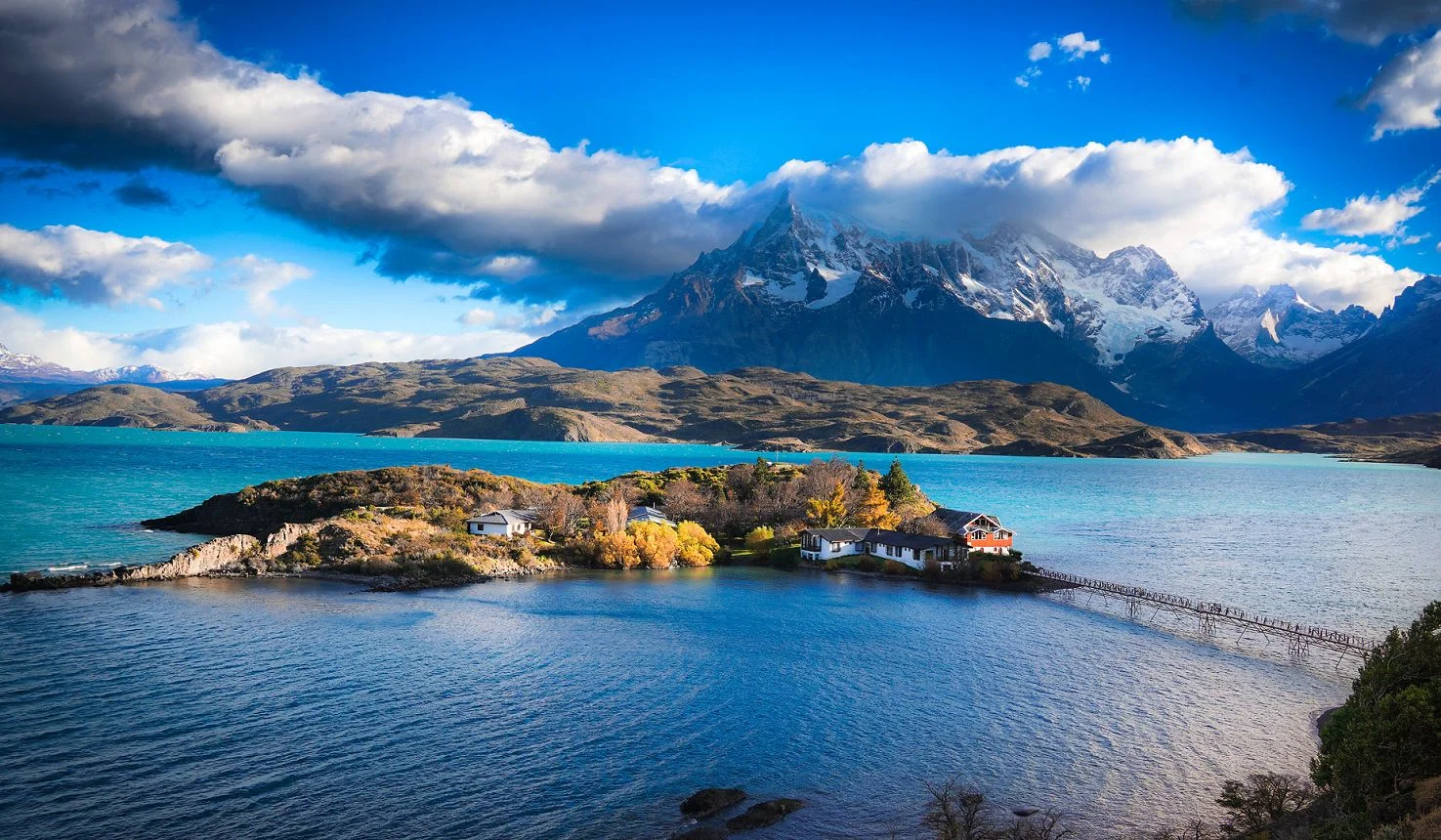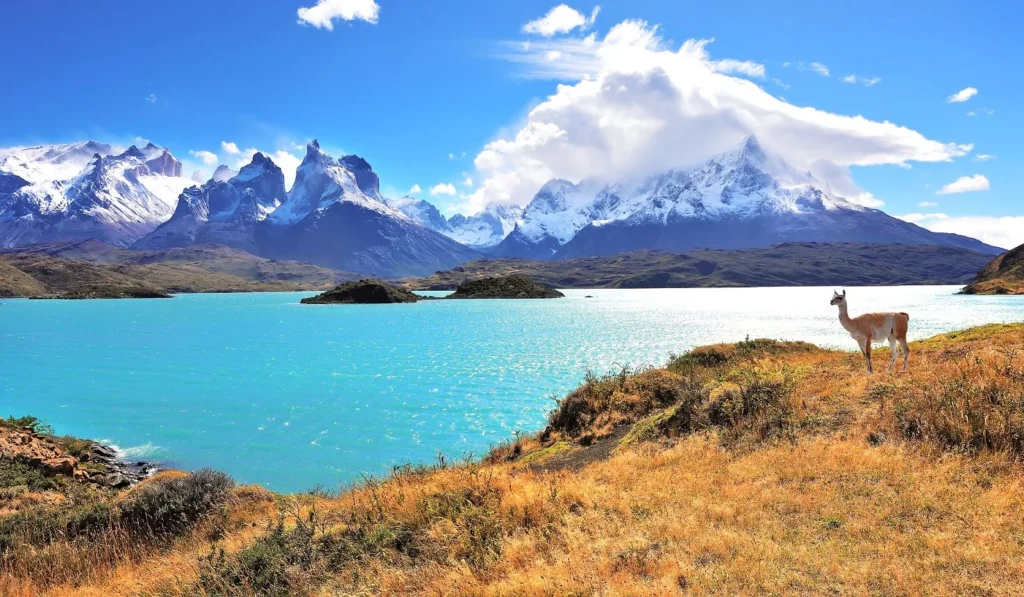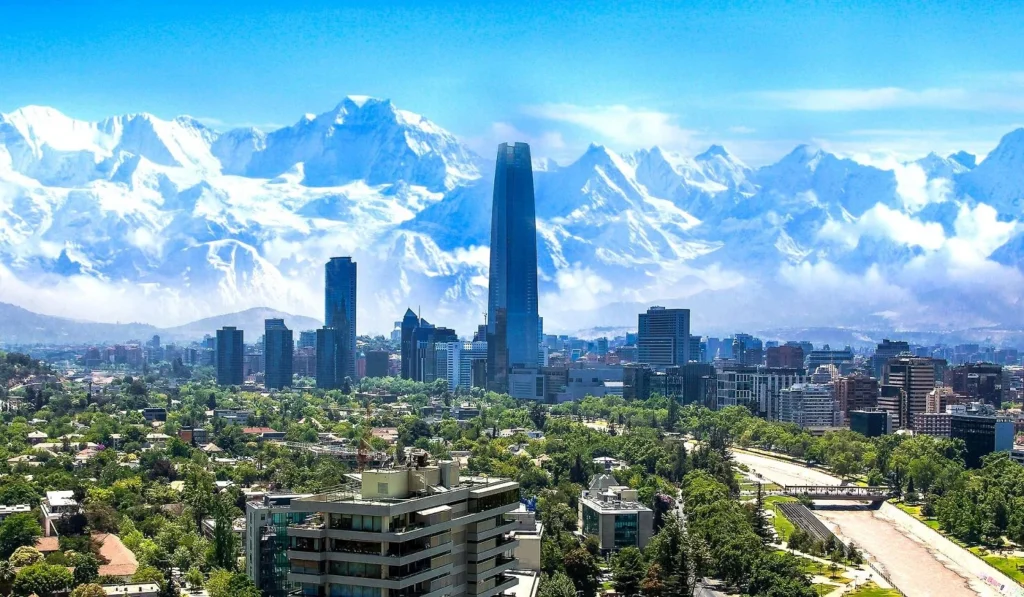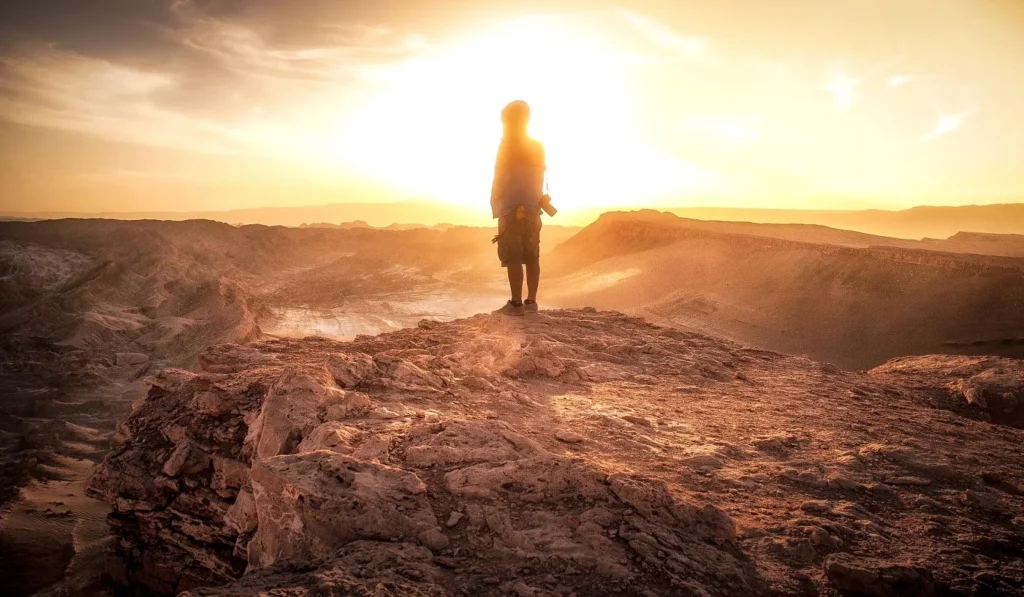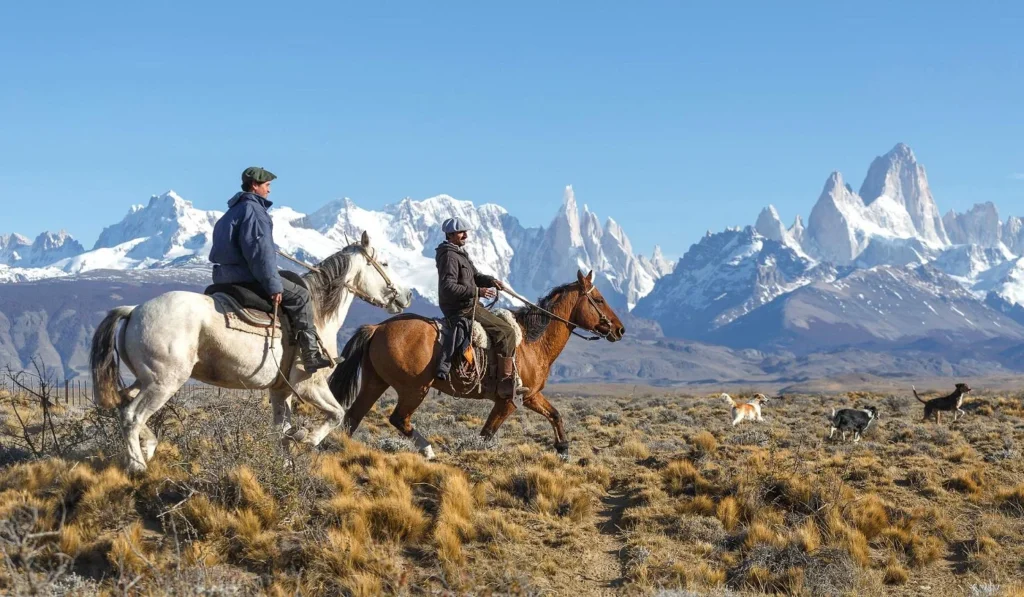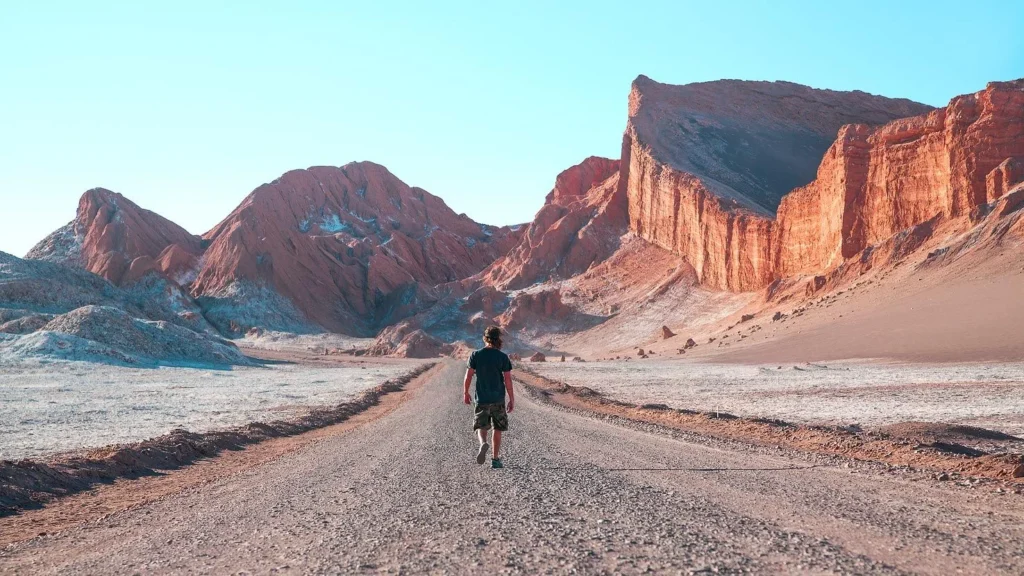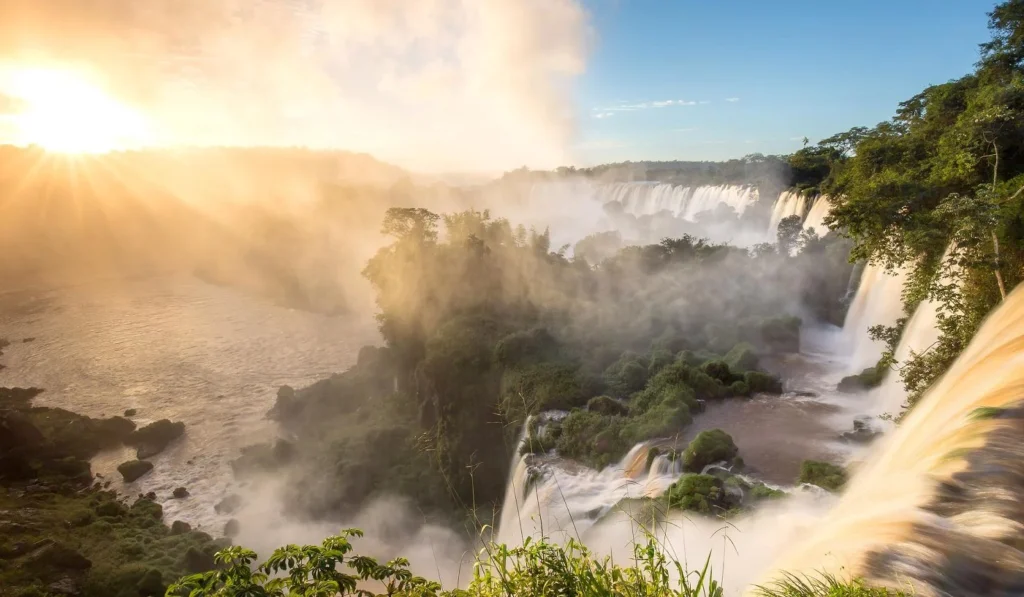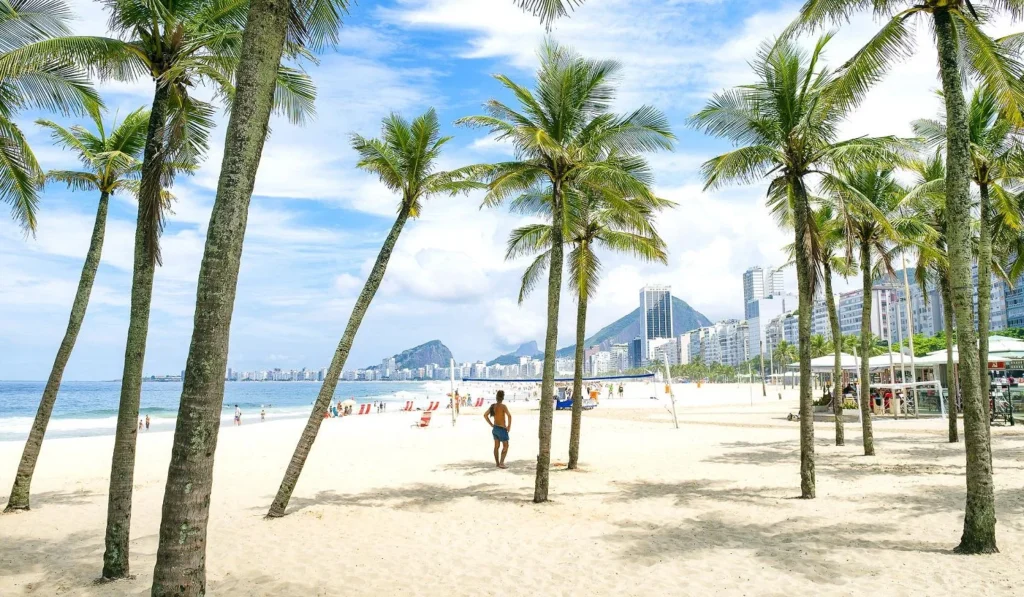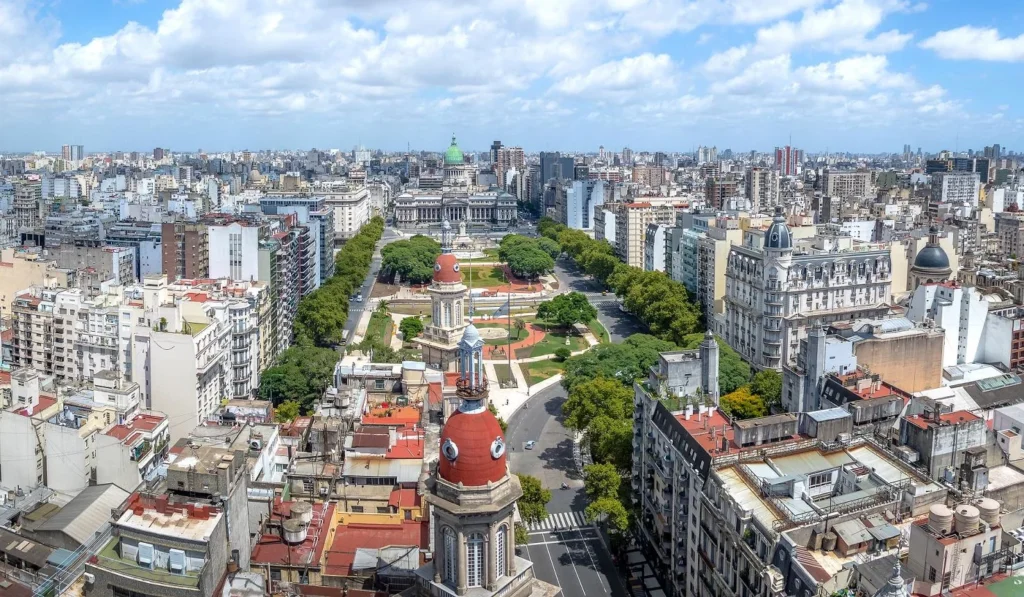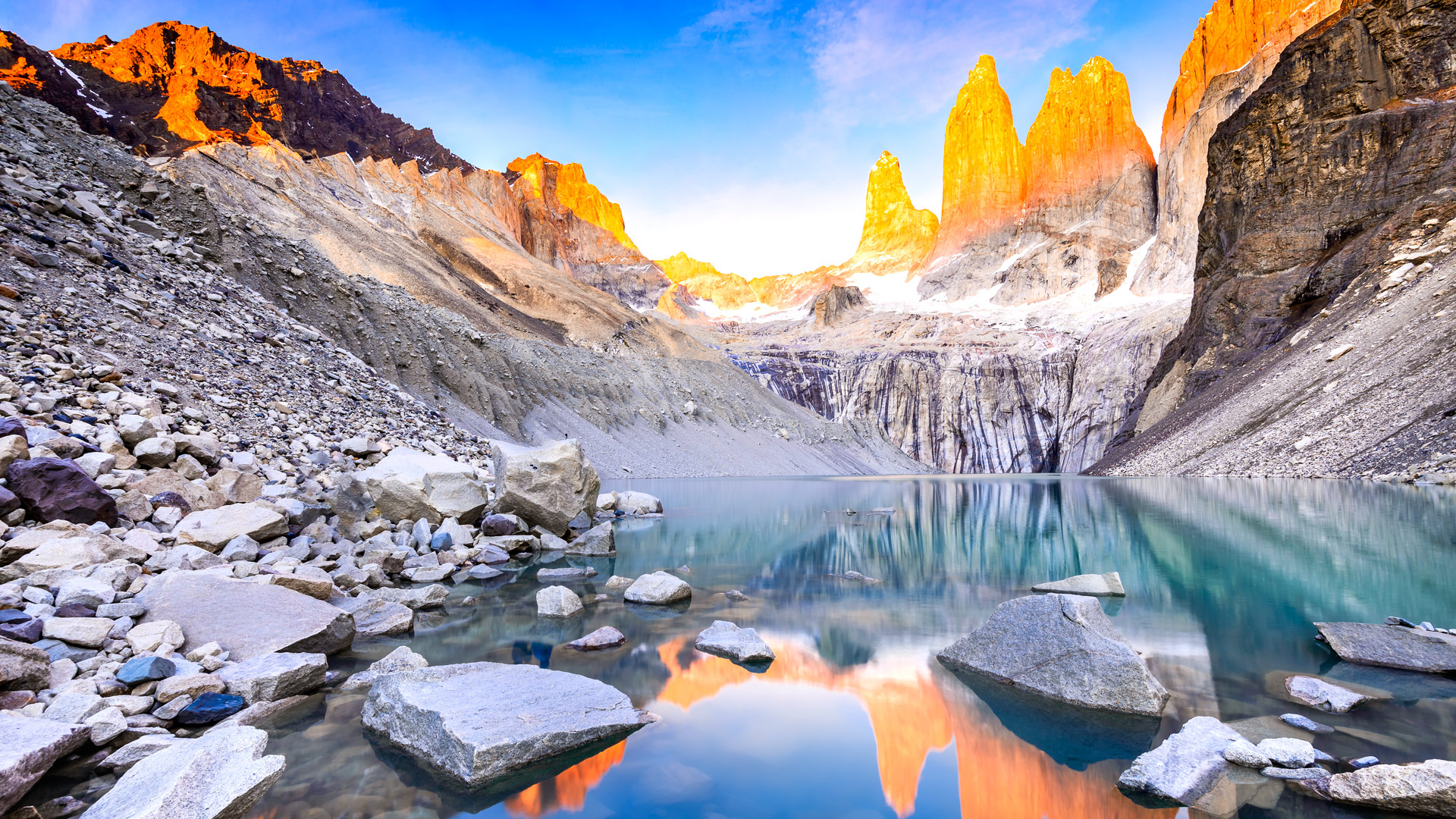
Safari in Chile
Chile
is an incredibly long country
with a full range of climate zones
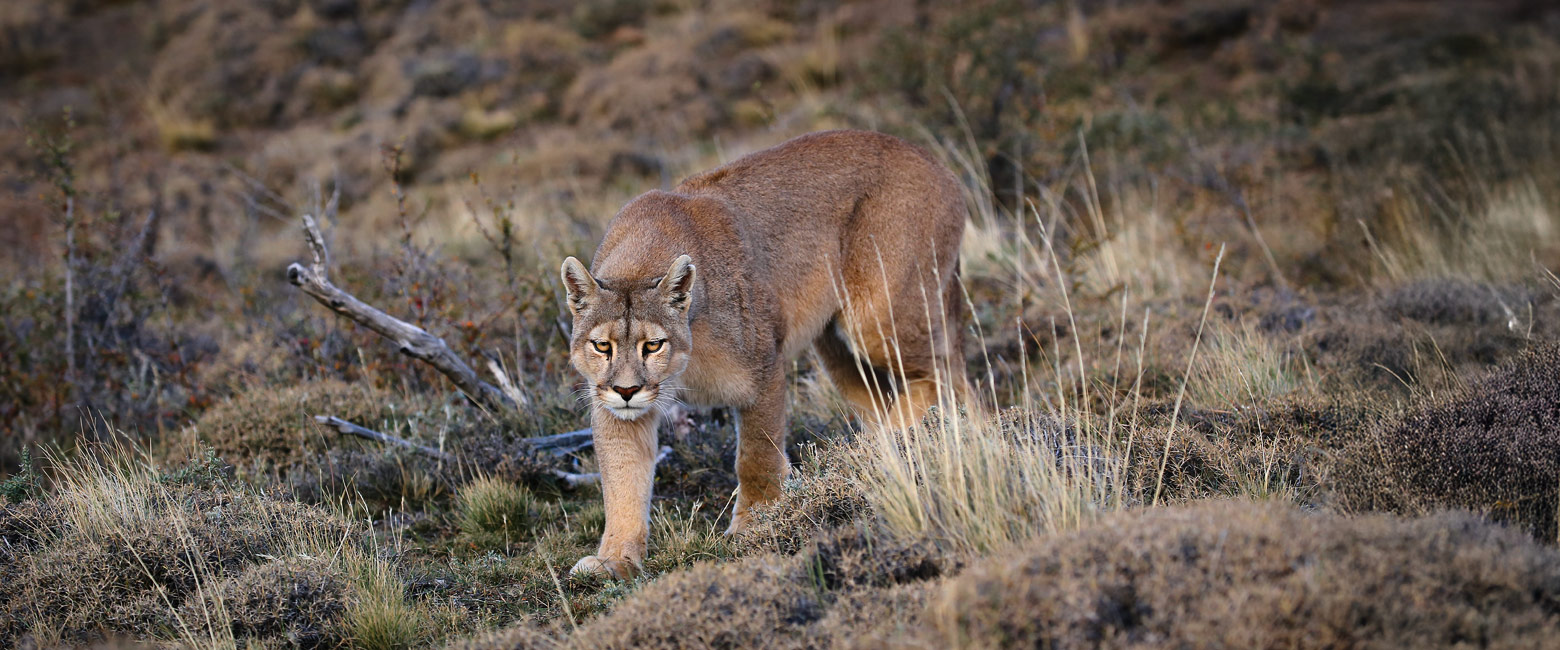
from vast searing deserts to endless ice sheets
Chile is a ridiculously shaped country, so very long and thin.
The country measures around 4270 km (2650 miles) from north to south, which is further than New York to San Francisco or London to Cairo. Yet on average it only averages 177 km (110 miles) wide.
This extraordinary geography leads to some interesting opportunities and challenges when putting together great trips.
The country can be divided up into a series of horizontal bands which experience just about every type of climate.
From north to south we go from the ultra-arid deserts of Atacama, to the Mediterranean-style winelands of Santiago, to the verdant mountain scenery and ski-resorts of the Los Lagos region, to the bleak moors and glaciers of Patagonia and on down to the Antarctic extremes of Tierra del Fuego. The country also includes the remote tropical outpost of Easter Island.
The obvious opportunity is to create trips which are incredibly varied. The challenge is to sensibly fit all the goodness into the available time without spending more time in transit than actually exploring places.
Another consequence of this unusual geography is that Chile is very often combined with time in neighbouring countries. In fact it’s very easy to make a case that the best trips to Patagonia include both Chile and Argentina, whilst the best trips to Atacama combine Chile with Bolivia.
It’s also very important to appreciate that this geography drives people into doing very similarly shaped trips, which means that a few key areas can become very busy and touristy, especially during the peak Dec-Mar season. So we need to work hard to keep trips real and authentic.
Whichever places and experiences you ultimately choose to include in your trip, you will be amazed by Chile. This country manages to combine some of the most raw and dramatic landscapes on earth, with warm friendly people and some very well developed travel infrastructure and chic lodges.
If Chile wasn’t already on your list, then be sure to consider it. However, be aware that travel here can be horrendously expensive.
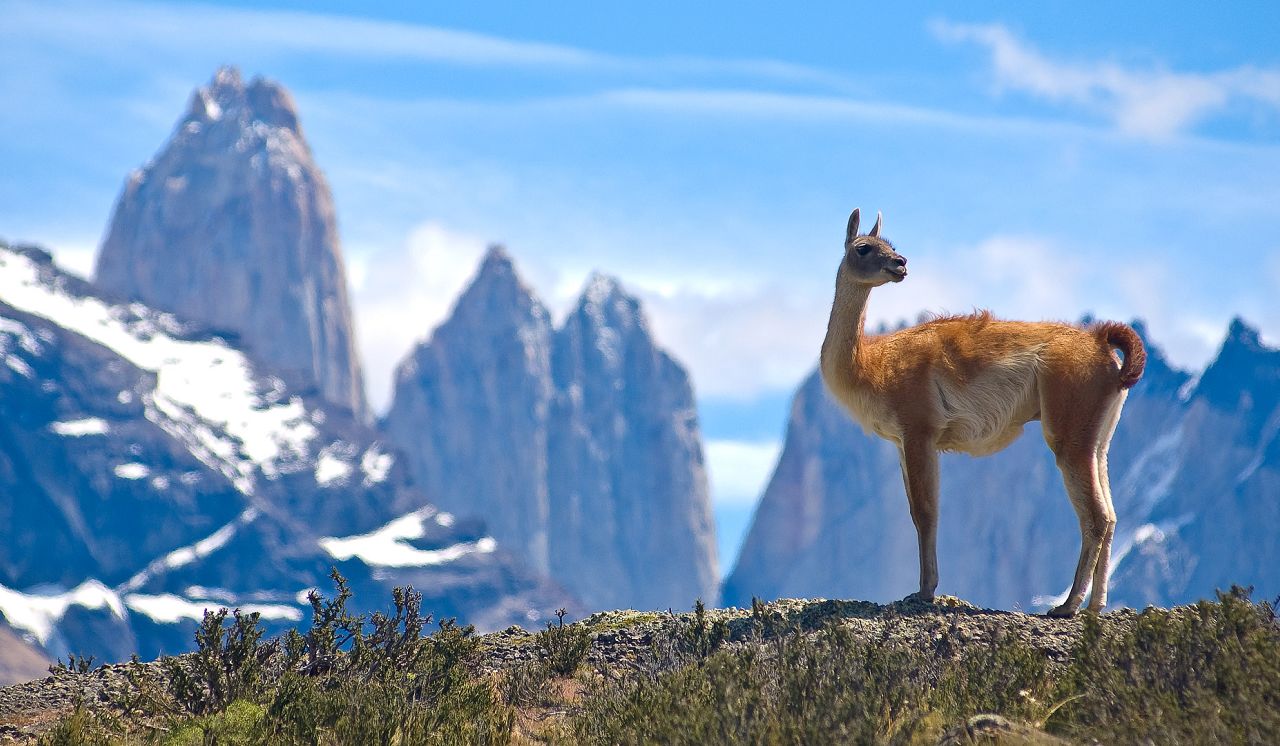
Gallery
Map
The best time to visit Chile is generally considered to be during Oct-Apr, which represents the southern hemisphere summer season.
If possible we prefer to head for the Oct-Dec and Mar-Apr shoulder seasons, when visitor traffic is nowhere near as high as the peak late December to late February period. But whatever time of year you visit, we will be working hard to ensure you have a suitably authentic trip, avoiding the standard tourist traps and experiencing the real Chile.
International flights
Chile has one main port of entry for international flights, namely the capital Santiago, which is situated 150 km inland from the coast, roughly half way down the country.
The vast majority of visitors to the country end up spending at least one night in the Santiago region, but you may extend that considerably if you want to explore the city, visit the Santiago Winelands and explore the port of Valparaiso.
One other notable international flight connection is the occasional service between Punta Arenas (in the deep south) and the Falkland Islands, which is something of a lifeline since Argentina continues not to recognise the latter as a British territory and doesn’t permit flight connections from its airports.
Internal flights
Almost all of the key regions in Chile can be accessed by frequent, reliable and cheap internal flights from Santiago.
The difficulty usually comes when trying to connect places around the country without having to route back through Santiago. However there are a few direct services, notably from Puerto Montt in the Los Lagos region, further south to Punta Arenas in Patagonia.
Road connections
Within each region the majority of connections are made by private road transfers.
In a few locations these overland routes extend over multiple days to become guided overland safaris, notably when exploring the remote parts of Atacama and travelling around Patagonia.
We do not recommend the use of any public road transport such as buses, coaches or taxis.
Boat connections
We quite commonly use ferry boat services, notably to reach the island of Chiloe and to cross the Andes to Bariloche (both in the Los Lagos region), as well as when navigating between the various islands in the south of Patagonia, mainly in search of penguins.
Boat cruises
The very southernmost part of Patagonia, around Tierra del Fuego and Cape Horn, are best explored by means of short 3-5 night cruises. There’s a number of excellent boats working various routes, offering the chance to explore remote fjords, glaciers, islands and forests, all of which are described in the Punta Arenas and Puerto Natales sections.
Where to stay
The usual way to go about choosing where to stay during your trip is to start by selecting the locations you would like to visit, then looking at the various options in each area.
However if you prefer to start by browsing all of the various hotels and lodges in Chile, then you can use this link …
one of the most expensive countries
let us know your thoughts about Chile
and we will help you create the perfect safari
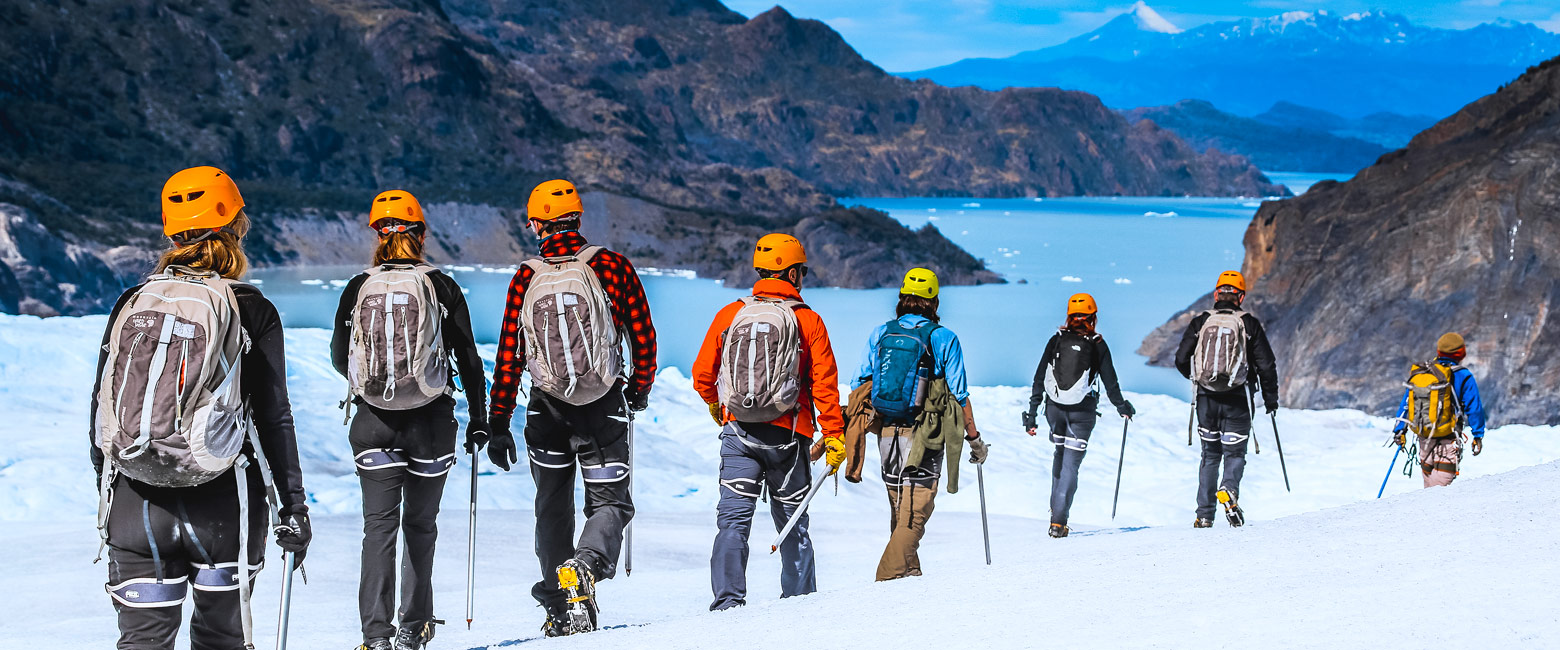
Extraordinary tailor-made adventures,
from earthy and edgy to easy and extravagant
From around USD 2500 per person, you set the ceiling
Sample Trips
Here are some of our popular trip shapes
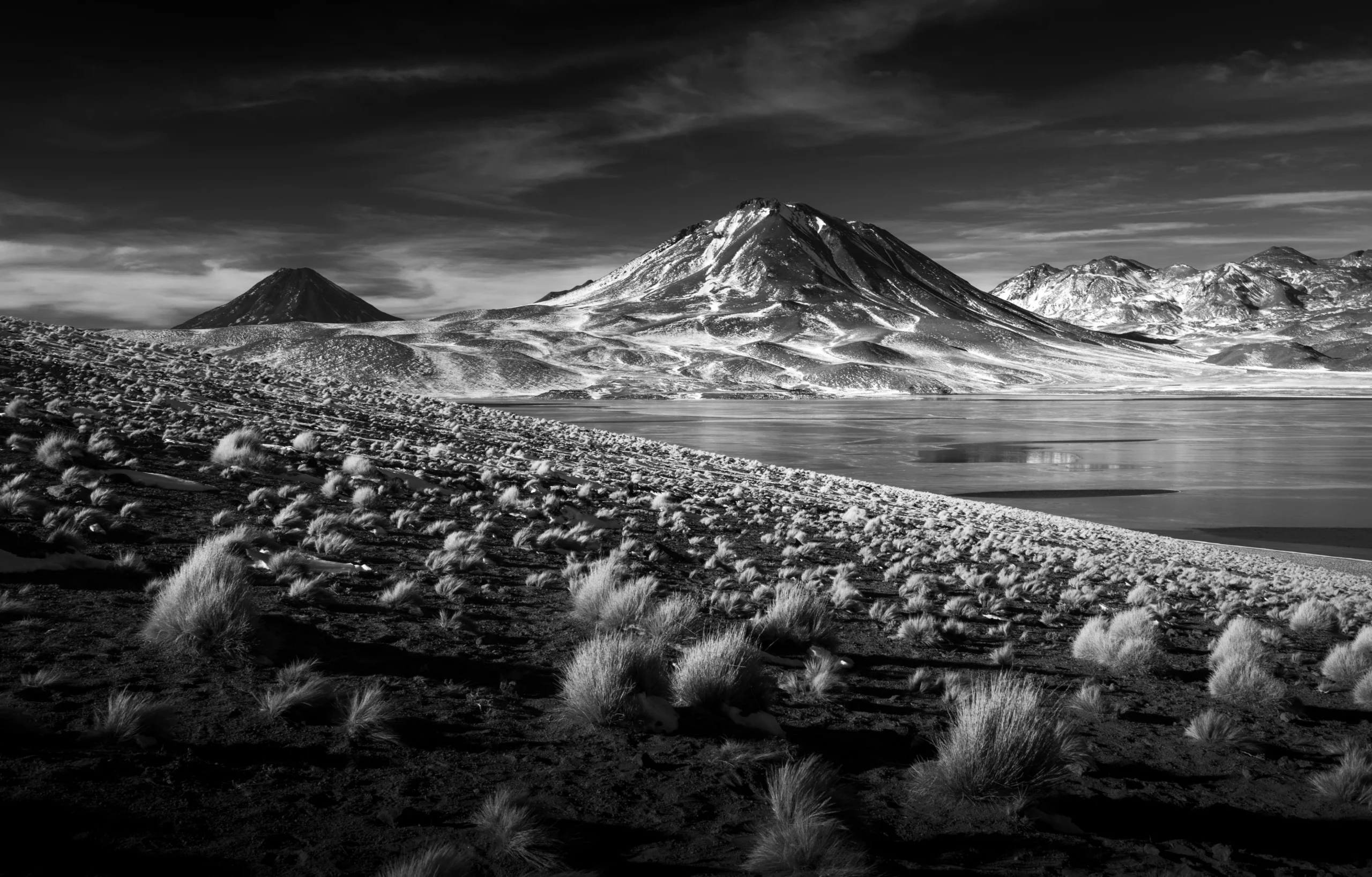
Get started on your trip
It’s never too soon to get in touch, we are here to help with every stage of your planning.
Best Lodges
We regularly inspect and photograph all of the the best lodges, to ensure that we always recommend the most suitable options
Key Locations
Take a look around related locations. Click ‘View more’ to explore locations further afield.



























